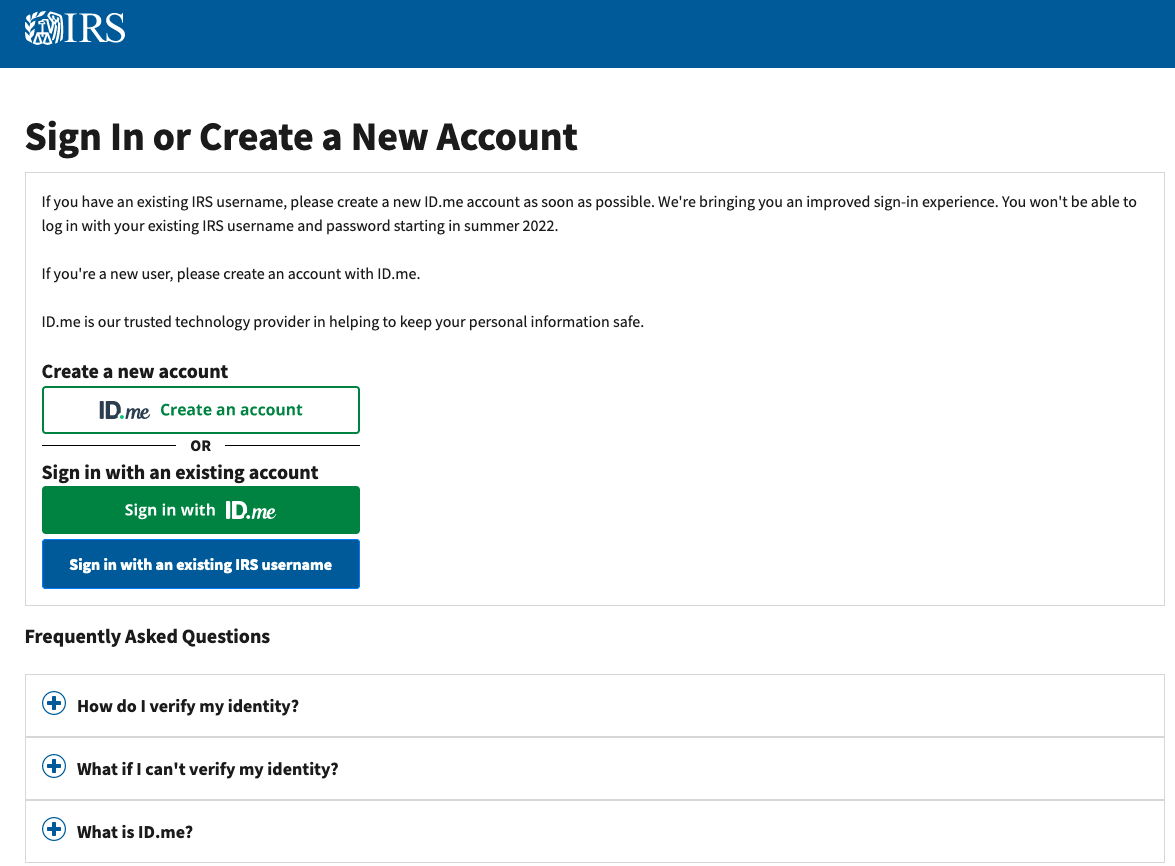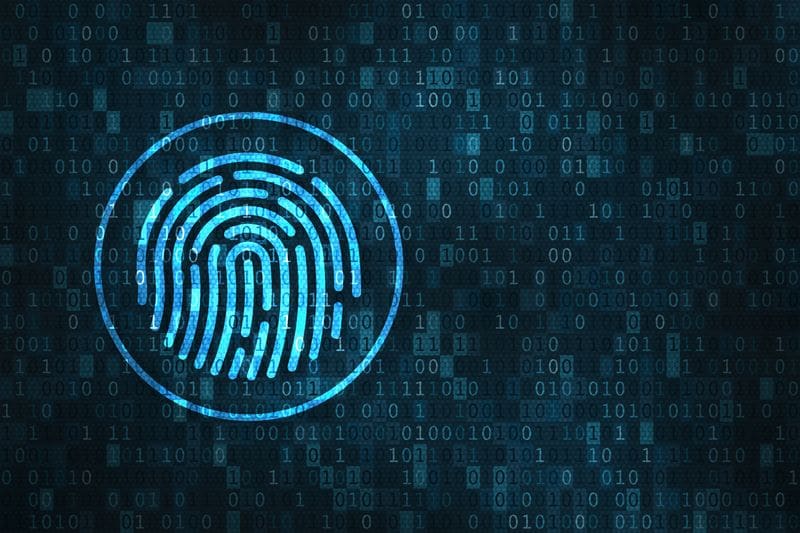Biometric access control options grow with new partnership, launches and integrations
Biometrics are being built into an ever-increasing range of access control solutions, with the latest crop covering fingerprint, face and iris modalities. SentryCards are expected to roll out late this year with Idex Biometrics sensors to secure access control for a range of settings, while Ayonix has launched a new platform and Hikvision a new terminal for face and iris biometric access, respectively. A new software integration brings Idemia fingerprinting to Telaeris software, and Precise Biometrics has been certified for Genetec’s access security platform.
Idex Biometrics partners with Sentry
Idex Biometrics is contributing its Trustedbio Max fingerprint sensor solution to the SentryCard biometric access control platform from U.S.-based Sentry Enterprises.
SentryCard is certified for multiple access control technologies, including FIDO2, and an order has been placed with Idex to support the solution’s initial production ahead of a planned market launch in the fourth quarter of 2022.
“We are delighted to collaborate with Sentry Enterprises as we continue to capture the increasing demand for digital authentication in the United States and across the globe, as the SentryCard will be secured by our TrustedBio Max sensor solution with integrated MCU and PMU,” comments Vince Graziani, CEO of Idex Biometrics. ”We are confident this biometric card solution will deliver increased performance and cost efficiency for customers while providing a seamless and secure user authentication experience.”
SentryCard is intended for access control use by enterprises, governments and individuals, without relying on PINs or passwords.
“The Idex Biometrics technology was a natural complement to Sentry’s growing ecosystem of identity-based solutions,” says Mark Bennett, CEO of Sentry Enterprises. “We believe absolute trust of identity is a fundamental necessity for any secure interaction, whether it’s an employee badging through the front door or logging into a computer system. The challenge is providing resilient solutions that are both secure and respect people’s privacy. The SentryCard biometric identity platform is one of the first solutions in the world…





